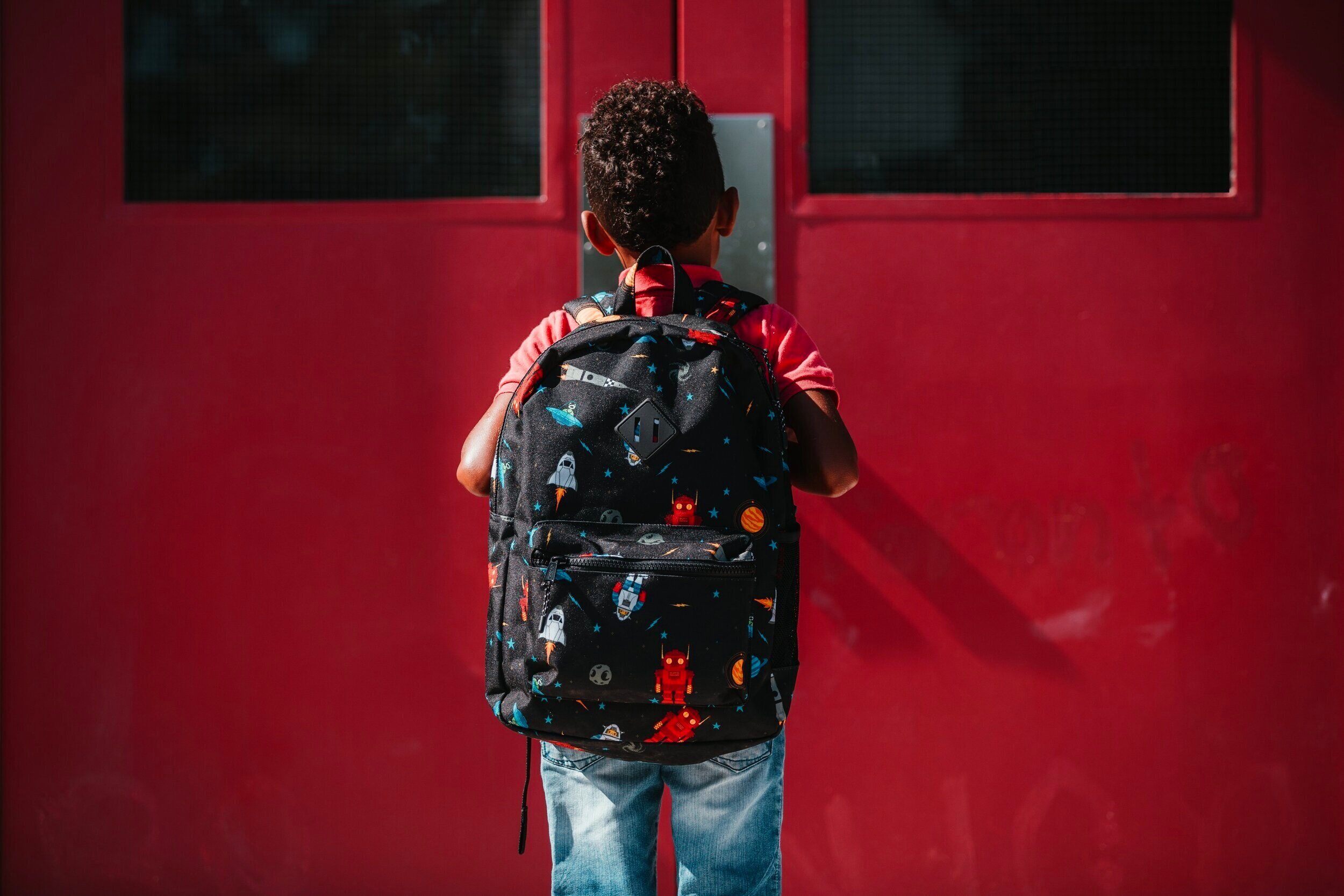
The Bill
In New York, students lose hundreds of thousands of days in the classroom each year because of suspensions, often for normal youthful behavior.
SOLUTIONS NOT SUSPENSIONS
Solutions Not Suspensions (S1040B/A5691A) ensures students’ equal right to an education by reviewing school disciplinary measures and promoting the use of evidence-based alternative actions.
The Judge Judith S. Kaye Solutions Not Suspensions bill requires schools to use proven alternatives to suspension that correct misbehavior and keep kids in the classroom.
Change school codes of conduct to include restorative approaches to discipline, to proactively foster a school community based on cooperation, communication, trust, and respect. Students who are suspended once are more likely to be suspended again, twice as likely to drop out, and more likely to enter the criminal legal system, extending the systemic school-to-prison pipeline. An emphasis on early responses to students' socio-emotional needs has the potential to improve school climates.
Shorten the maximum length of a suspension of 180 days, unless required by federal law. Time spent suspended from school contributes to extensive learning loss. Students also rely on schools for not only academic support but also resources including school lunch programs, mental health counseling, pre-professional development opportunities, and peer-to-peer relationships. Schools remain a safe and consistent location to foster youth development.
Limit suspensions for children in the ages of Pre-K through 3rd grade to only the most serious behavior. Children's cognitive development rapidly advances in these early years, and they cannot miss out on crucial school instruction.
Require that students who are suspended receive academic instruction and the opportunity to earn credit, complete assignments, and take exams. Out-of-school instruction opportunities vary by geographic location and districts. A lack of instruction puts students at risk of academic underachievement, repeating a grade, or dropping out entirely.
Require charter schools to follow state education laws on student behavior and school discipline. Aligning public and charter school disciplinary policies will uphold equitable school disciplinary practices.
Solutions Not Suspensions promotes proven methods that hold students accountable and help them learn from their mistakes, while keeping them in the classroom.
Statewide, Black and Latinx students make up 42% of all students, yet they account for 71% of all students referred to law enforcement. Additionally, students with disabilities were suspended 87% more often than students in the general education population.
New York schools must take steps to address these inequities and advance restorative practices to better support student populations.